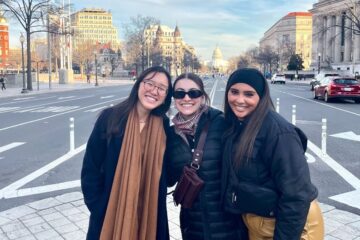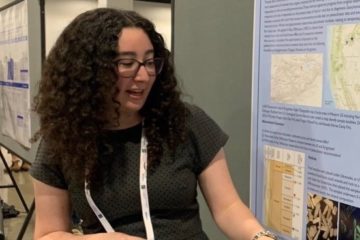Aya Burton ’22 received a We Act Grant for the summer of 2021. Read her testimonial below about hosting a virtual creative writing workshop for elementary and middle schoolers from the Pomona Valley area with the support of Uncommon Good.
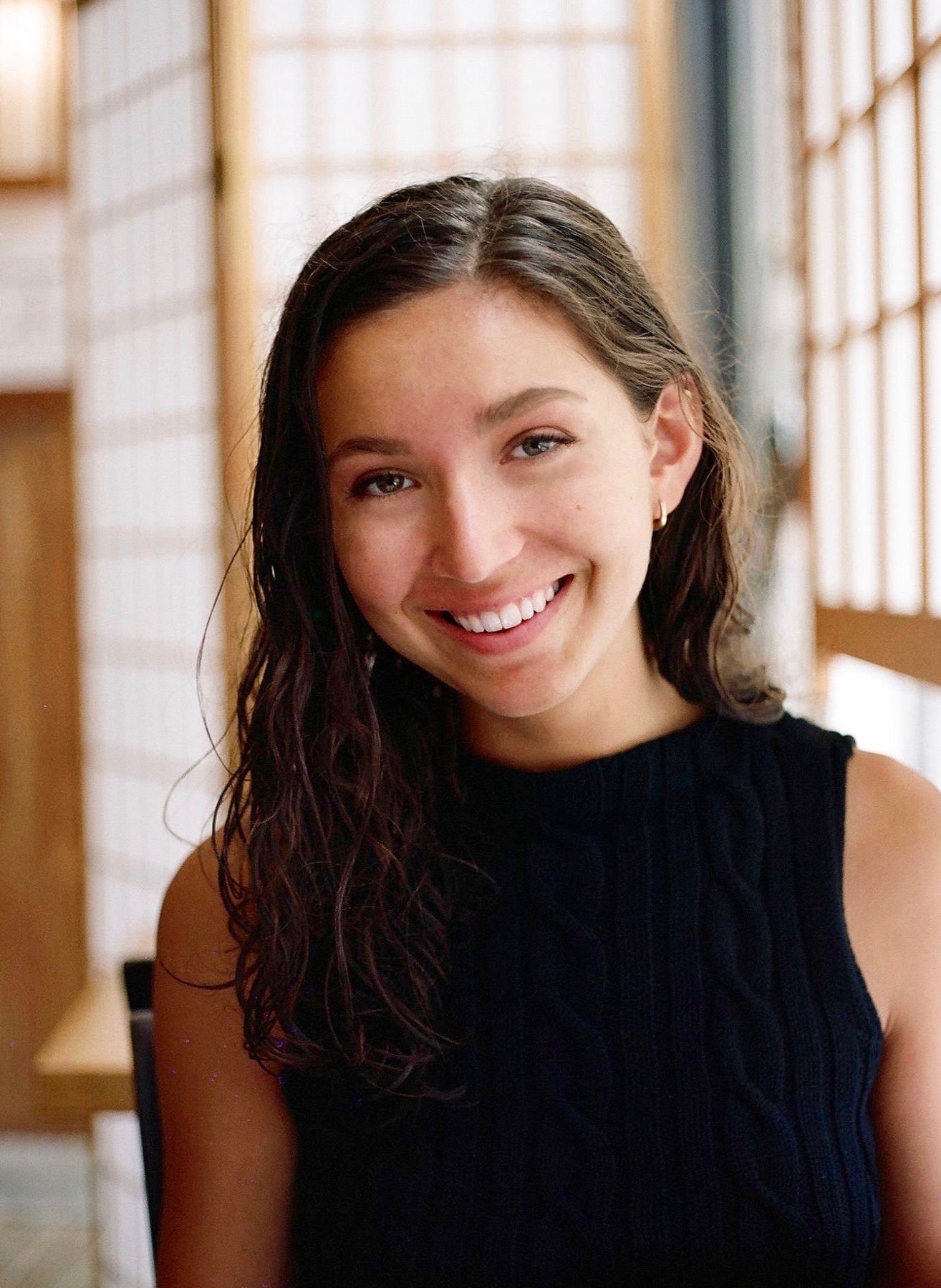
This past June and July, we held the first-ever summer session of Weekly Writing Workshop (3W) with the help of the We Act Grant and the support of Uncommon Good, a community-based organization that works with low-income families from the Pomona Valley area. 3W is a creative writing program for elementary and middle schoolers that aims to foster joy and confidence in writing through individualized support, community, and carefully crafted instruction. The three of us have been involved with the workshop throughout our time at Scripps, and have coordinated the program together for four semesters. As the Covid-19 pandemic stretched into 2021, we hoped to cultivate an accessible space for 3W students to learn, socialize, and grow during the summer. With that goal in mind, we set about organizing a summer version of the program and were fortunate enough to earn a We Act Grant that allowed us to execute our vision.
Our program uses a mentoring model in which each student is placed in a group with four to five other students as well as a mentor from the 5Cs who they work with throughout the sessions. This summer, over fifty students and ten mentors joined the 3W team, Zooming in each week to engage in community building and writing practice. At first, we were not sure how students would respond to a virtual summer version of 3W. Would they associate it with “summer school” or feel detached or distracted due to the online platform? We hoped that consistent meetings and small-group activities would provide students a sense of normalcy and continued support in their writing, and were encouraged by their regular attendance and positive feedback. The small victories and setbacks of each week helped us reflect on the program’s efficacy and respond accordingly. Additionally, weekly debriefs and surveys among coordinators and mentors prompted us to reevaluate our lessons and adjust our teaching approach so that 3W could serve every student to the best of its ability.
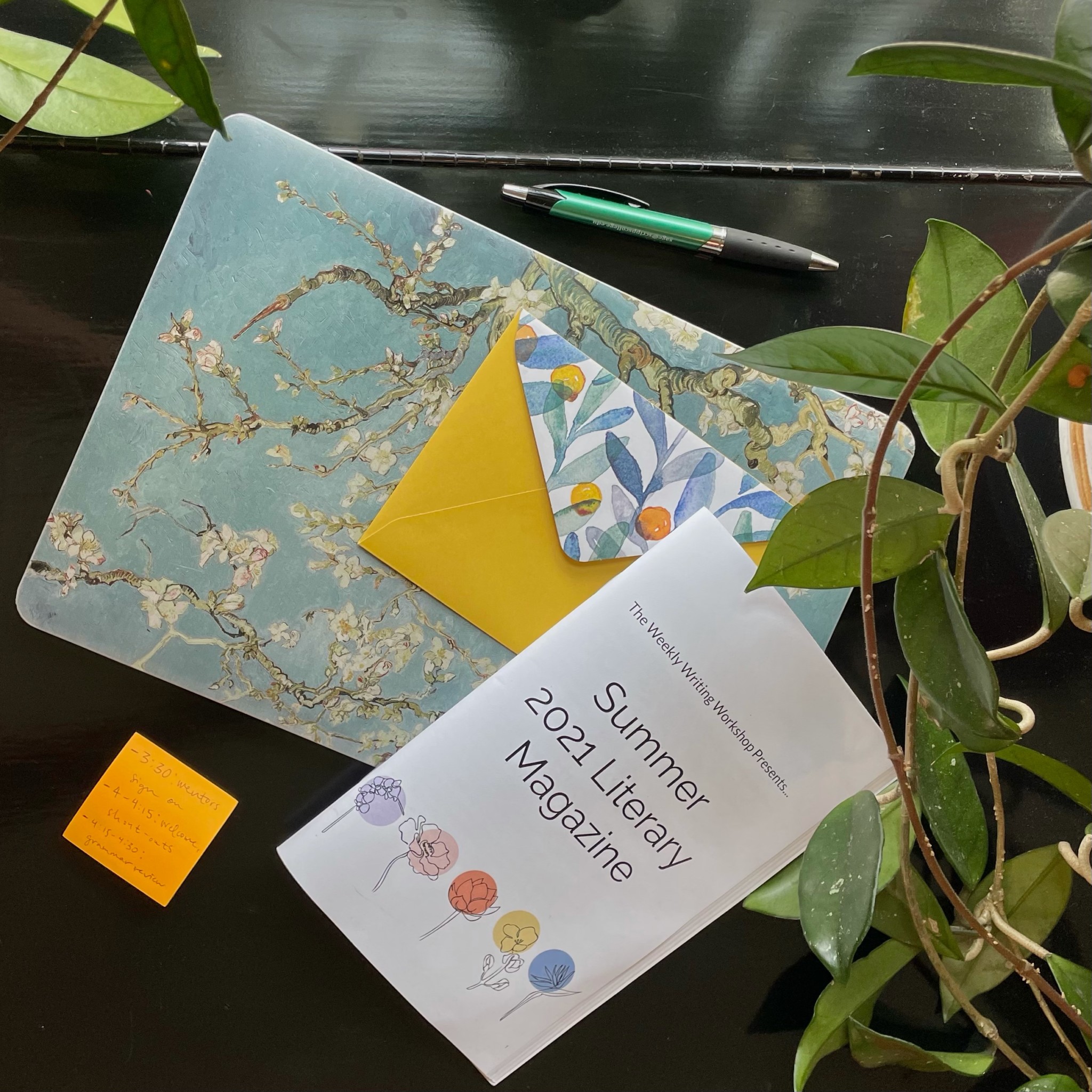
The summer version of 3W introduced various literary genres as well as technical writing and grammar lessons. This breadth of material was intended to supplement what the students learned during the school year and to reduce summer learning loss. We also offered a diverse range of writing activities and exercises to encourage students to think outside the box and express themselves freely. For instance, we made time for collaborative group writing and speed-writing competitions that aimed to strengthen breakout room dynamics and students’ comfort with creative writing. Our lessons invited them to write and participate in different ways, allowing them to explore unfamiliar styles, voices, and genres. One afternoon, we focused on poetry and the students wrote “past, present, and future” poems about their lives and themselves. Another week, we asked students to write from the perspectives of a celebrity, a mythical creature, an animal, or an item in their bedroom. Although we incorporated grammar lessons, we emphasized students’ ideas during creative writing time rather than standardized language use. We hoped that approaching writing outside of the traditional academic classroom would inspire play, exploration, and discovery. Each week, we felt humbled and inspired by the creativity and depth of 3W students. Their writing skills and confidence led to eloquent and powerful articulation on topics ranging from family and personal identity to their dreams, fears, and successes.
Along with focusing on improving writing ability and confidence, we strived to provide our students with a sense of community. This function of our program has become significantly more pressing during the pandemic. At the beginning of each class, we greeted the students and asked them about their weeks. We always included a game to play as a whole group, and then gave students a few minutes in their mentor groups to catch up and reconnect. With each class, mentors, students, and coordinators got to know each other better and, with this, students became more comfortable sharing their writing in the Zoom chat and out loud at the end of each class.
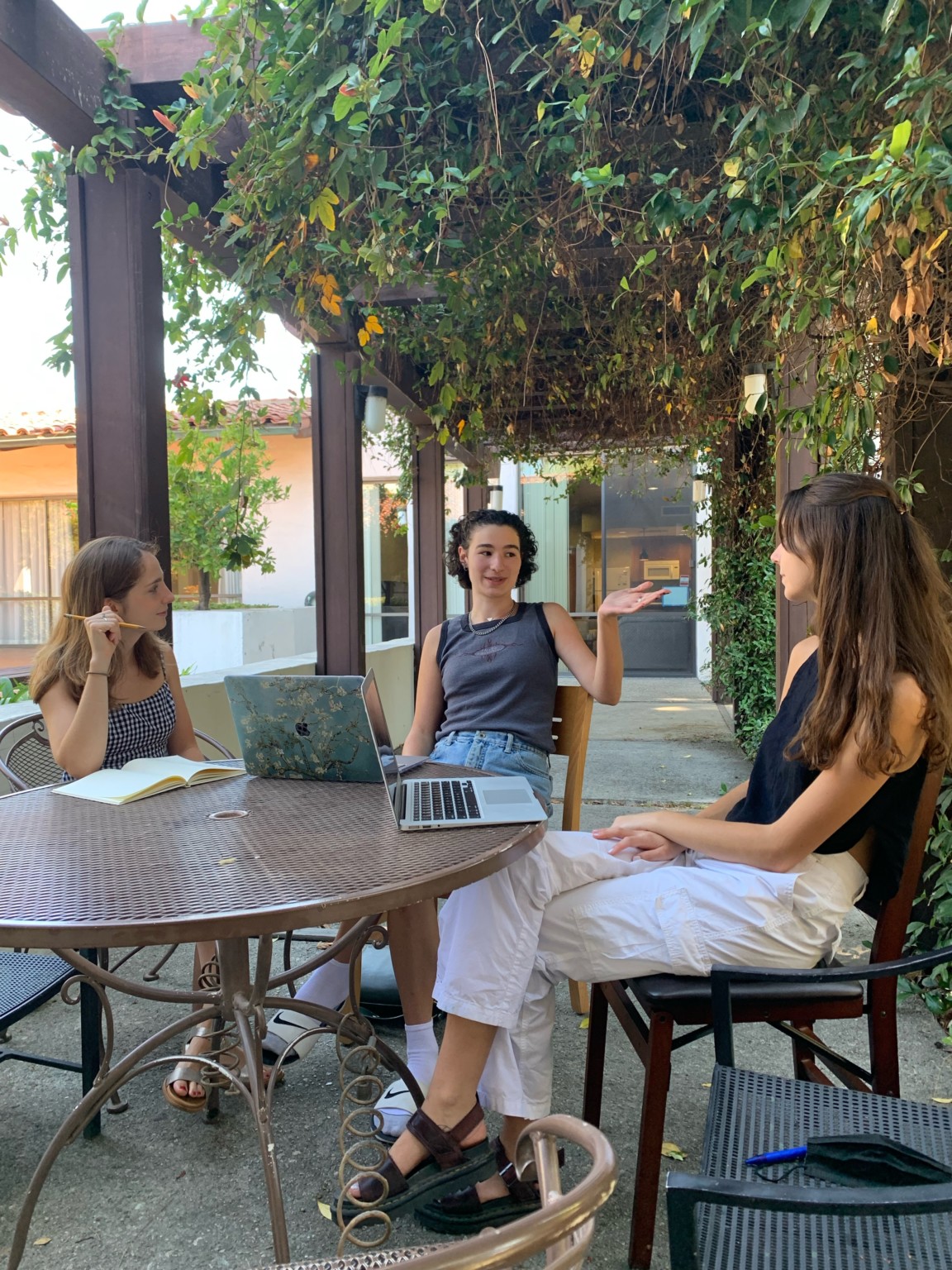
Toward the program’s conclusion, students selected their favorite pieces to polish and have published in the 3W literary magazine. We then designed and printed the magazine, which serves as a tangible representation of the program’s vision to build students’ confidence and celebrate their accomplishments in writing. The sense of community in our program culminated with the literary magazine release party, where students had the chance to read their work out loud. This summer, with the help of the We Act grant, we were able to print copies of the magazine and mail them to students so that they could have a physical version of their published writing. Before shipping the magazines, we wrote out personalized notes that the mentors had addressed to their students and then sent them to Uncommon Good for the students to pick up. We are grateful that the We Act Grant allowed us to produce these literary magazines, which give students the opportunity to see their voices and stories celebrated in print. It has been a true joy to continue 3W in a virtual format this summer, to grow and learn alongside our students, and to realize that even in uncertain times, we have space to write and time to spend with each other.
